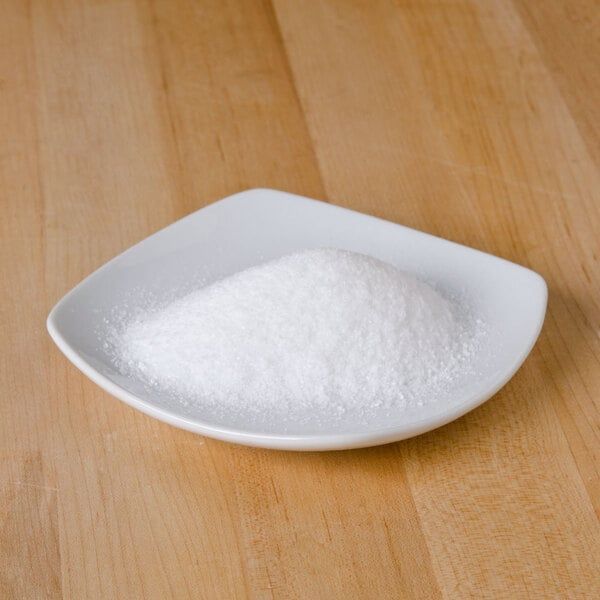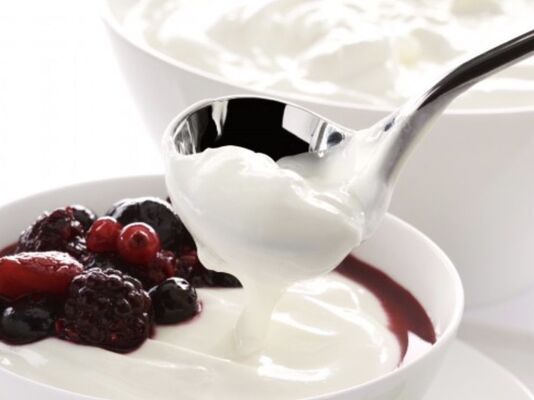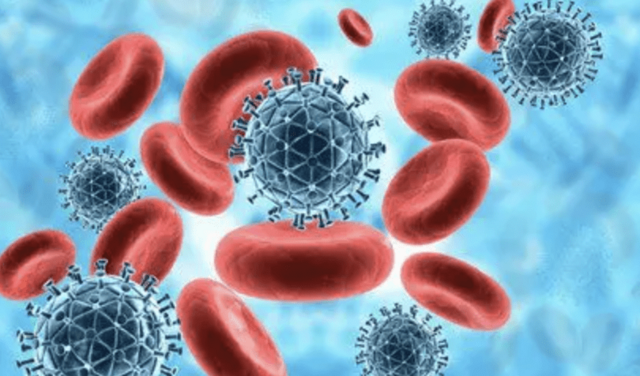OUR body tissues are made up of a vast number of cells of different shapes, sizes and functions with all of these needing sufficient salt to function properly.
Salt plays a pivotal role in transporting water around the body, and in transmitting messages between the brain and the rest of the body. But its all about the dose when it comes to nutrition. Salt is essential, but in small amounts. Too much can cause high blood pressure, heart attack, kidney disease and stroke. Recommendations are no more than six grams per day, which is equivalent to a teaspoon of salt. Many everyday foods are not salty to taste but nevertheless contain high levels of hidden salt, so always read your food labels where possible. The ‘traffic light’ info on food packaging is very good.
Most of the salt we eat is already in the food we buy and eat, so be careful about adding additional salt to your meals as this may mean going above six grams. Processed foods will almost certainly have added salt – breads, biscuits, breakfast cereals, crisps, microwave and ready meals, pre-packed meats, pasta sauces, tinned and packet soups or vegetables). So you can see how easy it is to go above your dail recommended intake. Cutting down processed foods will make a big difference, but you don’t need to get rid of them completely as tinned and packaged food has its benefits.
Think of the B-vitamins and fibre in wholemeal bread, the iron, zinc and selenium in meat, the fibre and magnesium in baked beans and the added B-vitamins and minerals in breakfast cereals like Fruit ’n Fibre and/or Bran Flakes.
Lee McCusker (BA; MSc; MSc; MSc; ANutr; SENr) is a registered nutritionist from Belfast and can be found on Facebook, Instagram and Twitter. Email: attentive nutrition@gmail.com







